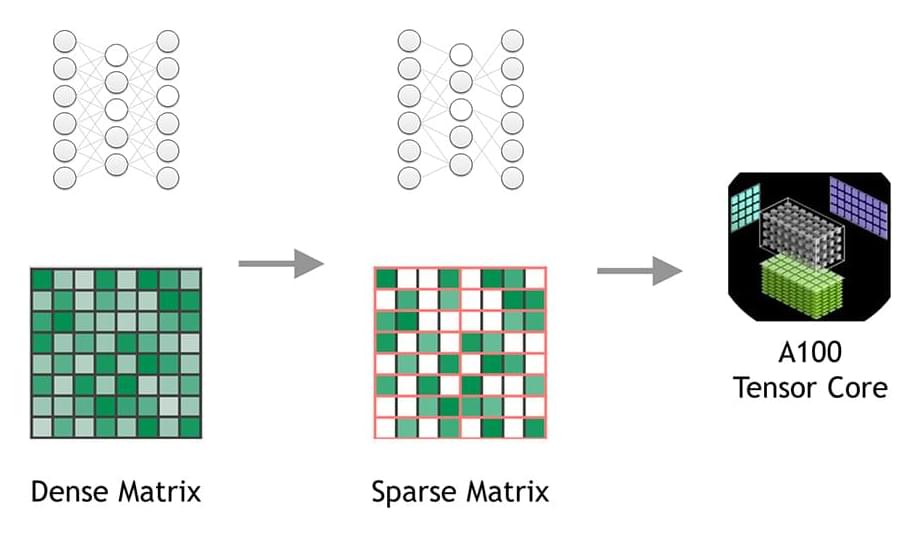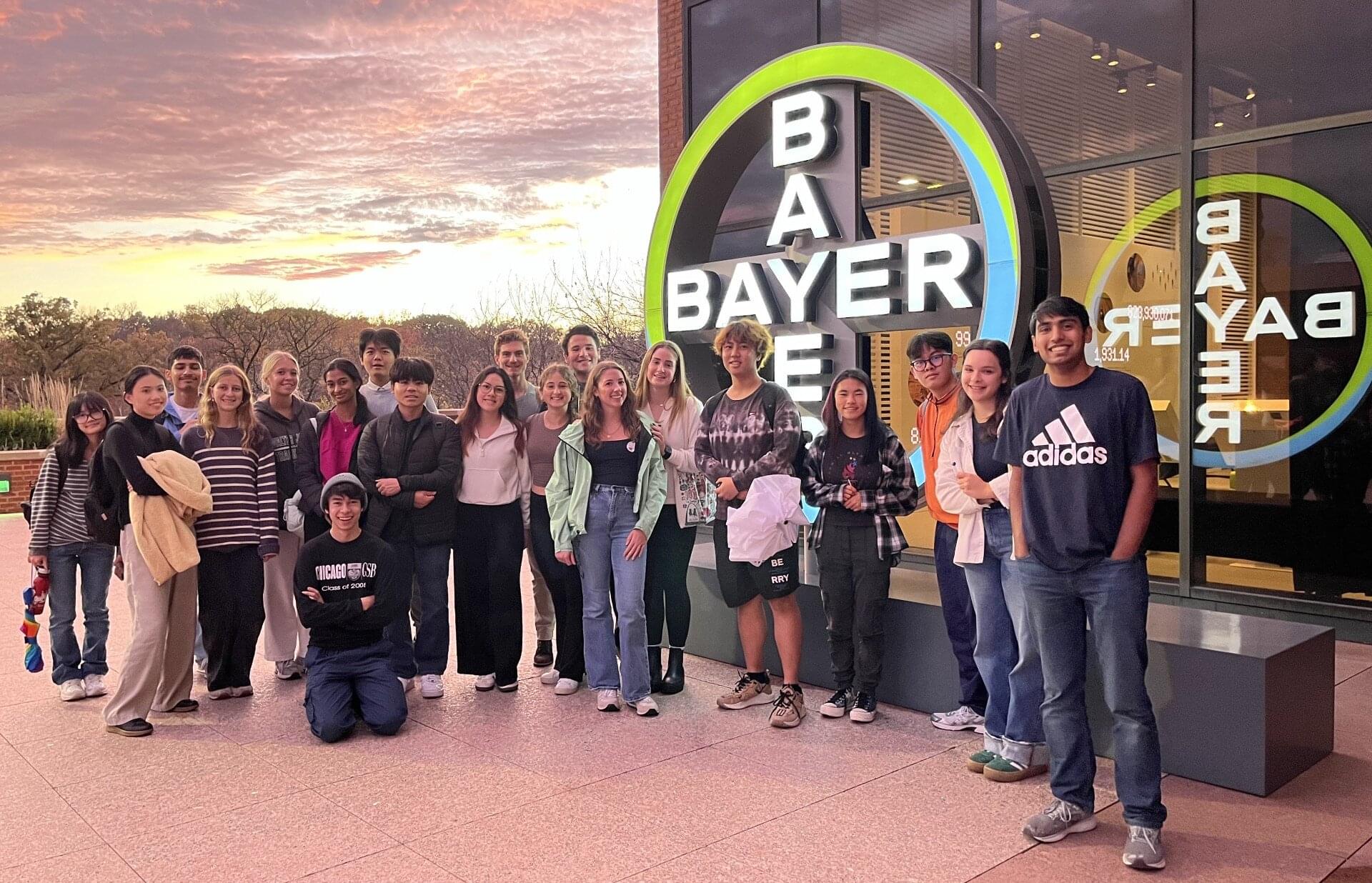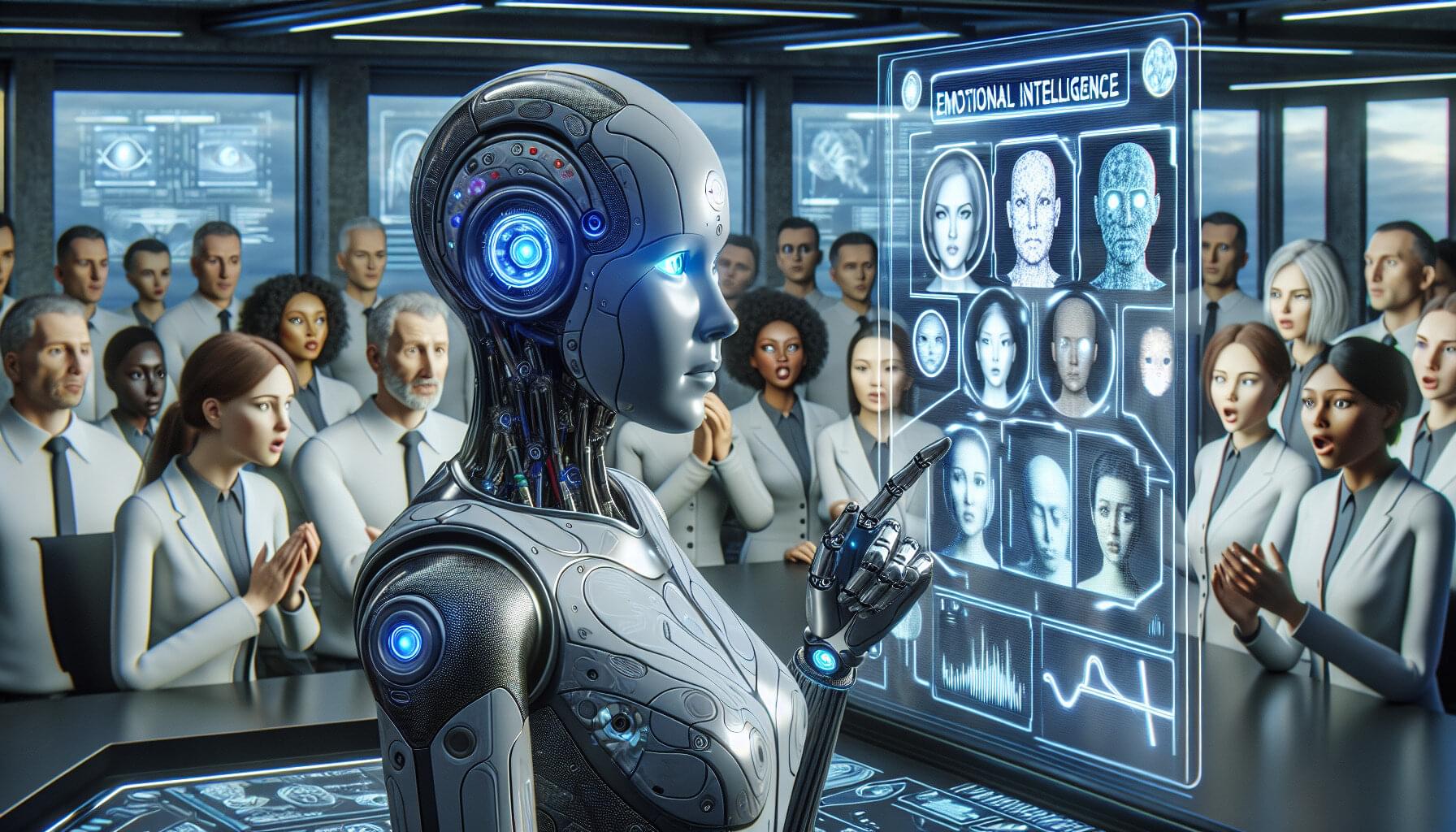The miracle of life. A 40-week process where you developed from a single cell to fully formed human baby. All within in your mother’s womb. Now, imagine you were born in an artifical womb. How would we benefit from artificial wombs? What would be the downsides?
Transcript and sources: https://whatif.show/what-if-we-could–… our Patreon community and help make What If better: http://bit.ly/whatif-patreon Watch more what-if scenarios: Planet Earth: • What If Earth Was in Fact Flat? The Cosmos:
• Video Technology:
• What If the Sahara Desert Was Covered With… Your Body:
• What If You Were Born on a Space Station? Humanity:
• What If You Were the Last Person on Earth? Tweet us your what-if question to suggest an episode: http://bit.ly/whatif-twitter What If elsewhere: Instagram: http://bit.ly/whatif-instagram Twitter: http://bit.ly/whatif-twitter Facebook: http://bit.ly/facebook-whatif What If comes in other languages! What If in Spanish: http://bit.ly/YT-Spanish-what-if What If in Mandarin: http://bit.ly/YT-Chinese-what-if Suggest an episode (detailed): http://bit.ly/suggest-whatif T-shirts and merch: http://bit.ly/whatifstore Feedback and inquiries: https://underknown.com/contact/ What If is a mini-documentary web series that takes you on an epic journey through hypothetical worlds and possibilities. Join us on an imaginary adventure — grounded in scientific theory — through time, space and chance, as we ask what if some of the most fundamental aspects of our existence were different.
Join our Patreon community and help make What If better: http://bit.ly/whatif-patreon.
Watch more what-if scenarios:
Planet Earth: • What If Earth Was in Fact Flat?
The Cosmos: • Video.
Technology: • What If the Sahara Desert Was Covered With…
Your Body: • What If You Were Born on a Space Station?
Humanity: • What If You Were the Last Person on Earth?
Tweet us your what-if question to suggest an episode: http://bit.ly/whatif-twitter.
What If elsewhere:






